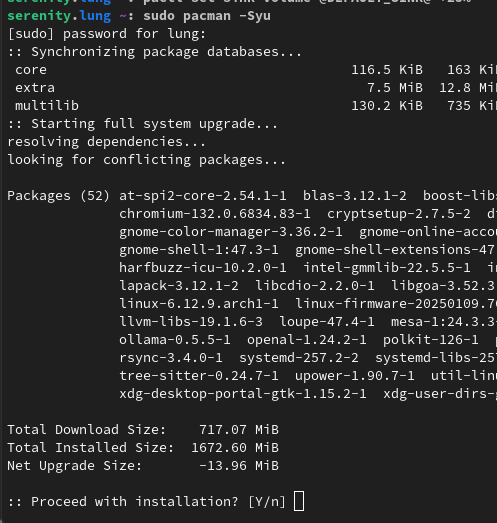Back in the day there was a Mac OS update (Snow Leopard) that took gigabytes off. They dropped support for PowerPC CPUs. So the compiled binaries basically got slashed in half.
The goals of Snow Leopard were improved performance, greater efficiency and the reduction of its overall memory footprint, unlike previous versions of Mac OS X which focused more on new features. Apple famously marketed Snow Leopard as having "zero new features".[13] Its name signified its goal to be a refinement of the previous OS X version, Leopard.


